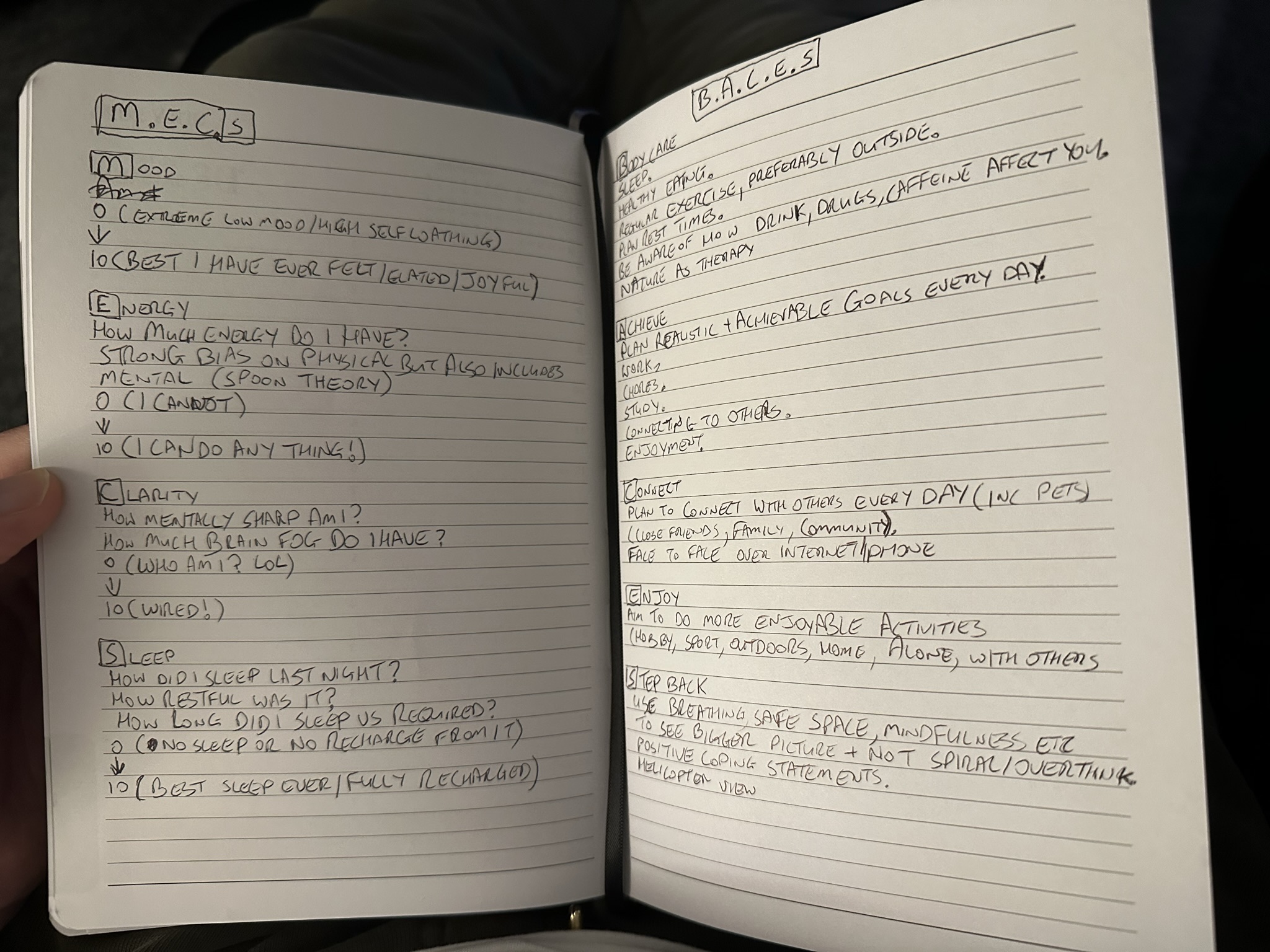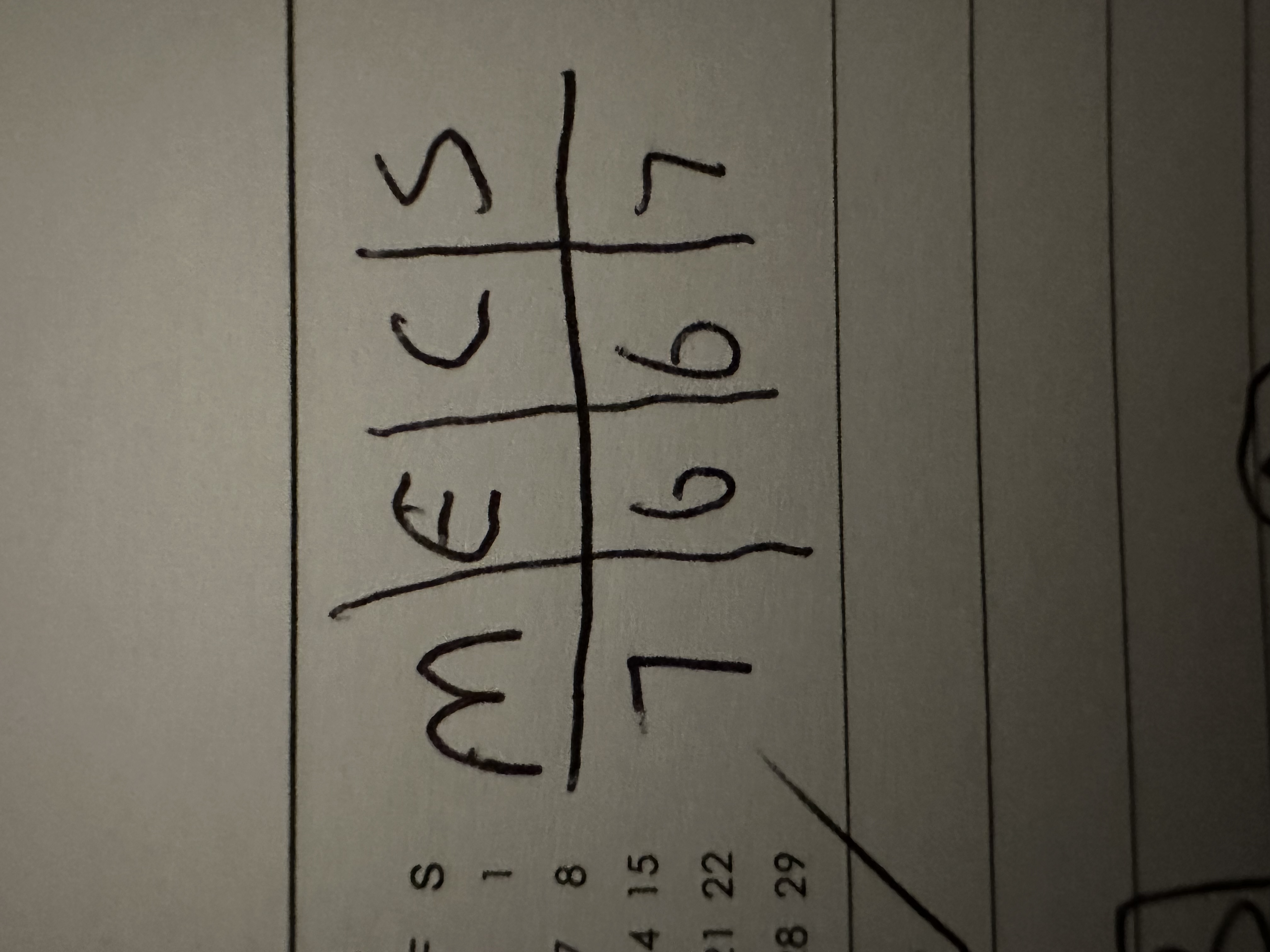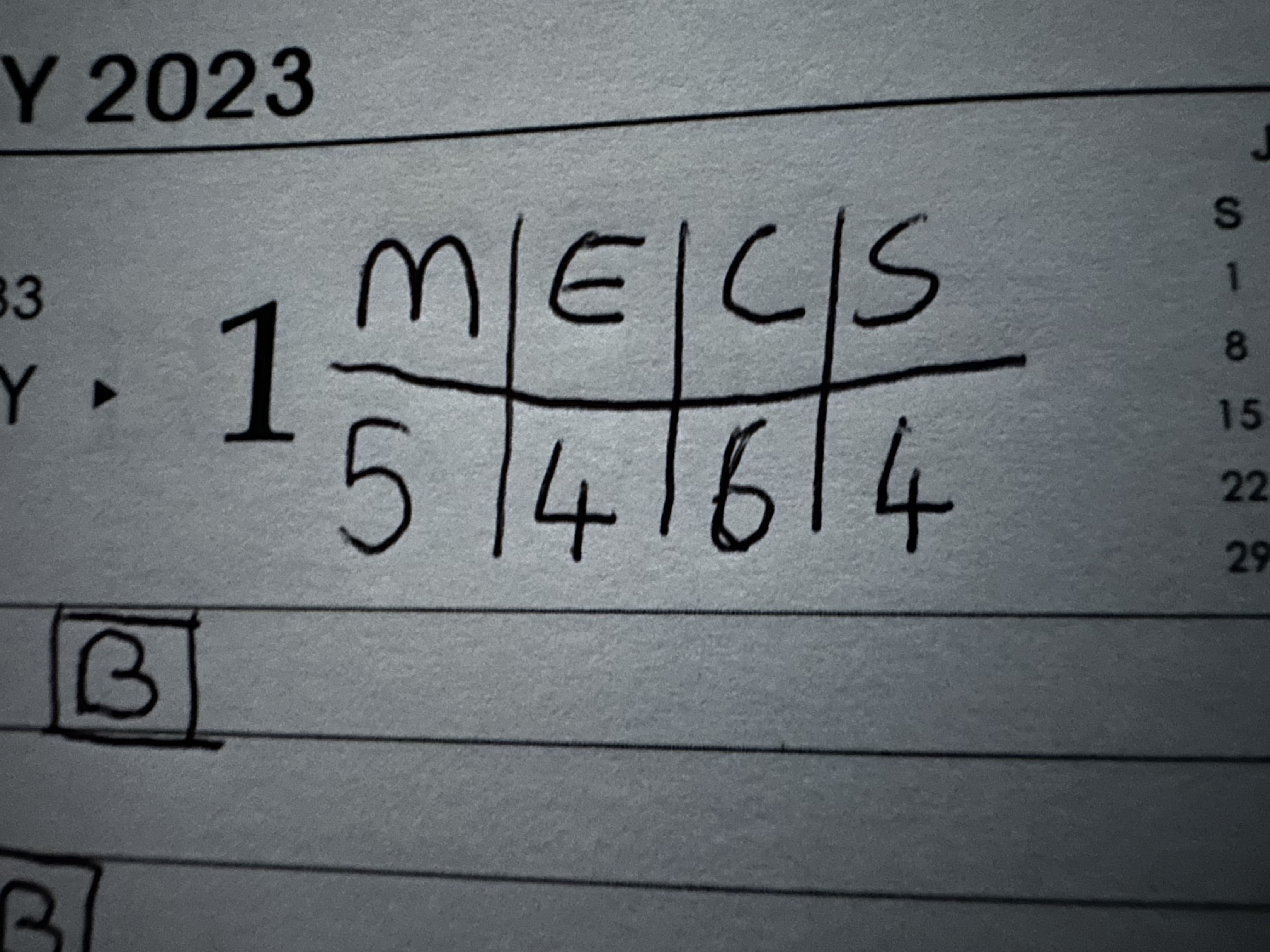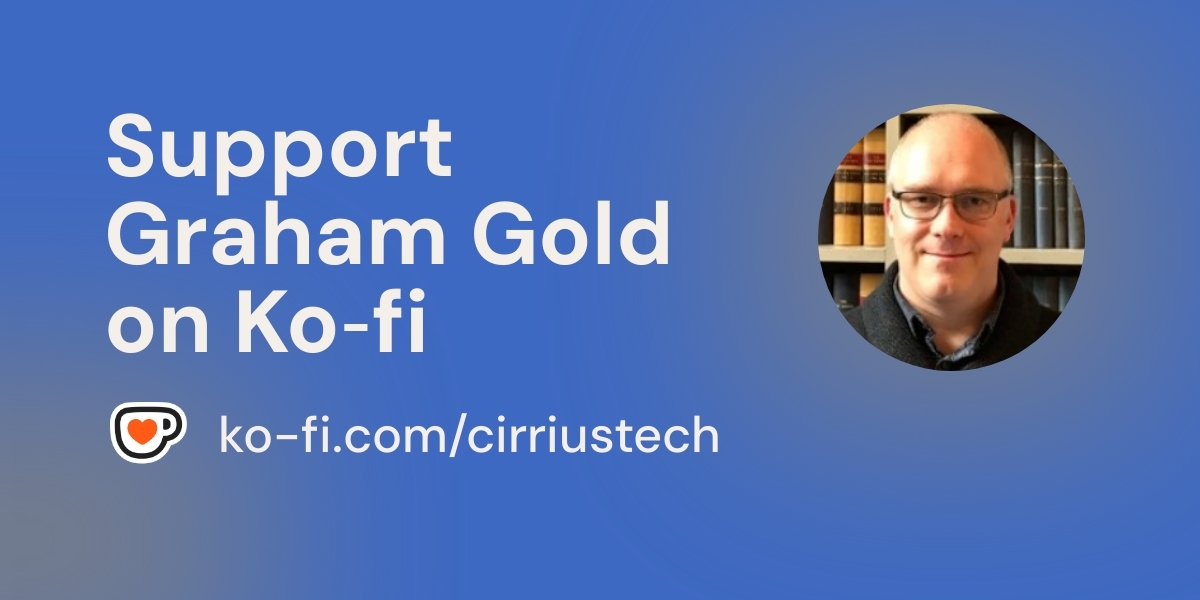Cover Photo by Hugo Jehanne on Unsplash
Introduction
In this post, I’m going to talk about some techniques that you might find useful if you struggle with anxiety and stress.
Having had issues with both (among other mental health issues) in recent years, I wanted to share anything I’ve found useful that may be helpful to you if you struggle with the same issues.
Recognising when your mind & body trip the silent alarm.
Many people think that stress and anxiety come from a single event or a situation, and that it is immediately obvious that is what is happening.
In my experience, yes you can have a single traumatic experience that so severely affects you that you need to deal with it.
What is more likely though is that it will be a slow build up of events and not a single trigger.
You want to be able to detect those and take steps to deal with them because the singular event might be severely damaging to your health.
In my situation, I was rushed into hospital by ambulance with suspected heart problems which, after extensive scans and investigations, were confirmed to actually be caused by stress and anxiety.
People can dismiss stress/anxiety as minor, but the truth is they can do a number on you mentally and (surprisingly for some) physically.
In my case it took months to recover physically and even longer to recover mentally - with the aid of an excellent Cognitive Behavioural Therapist and Counsellor.
None of what I am going to talk about in the rest of this post should be taken as medical advice - always reach out to appropriately qualified mental or physical health practitioners. What I talk about here though you may still find useful to you.
Okay so what’s this silent alarm that you mention?
Like anything in life, there are often signs and signals that can give clues that all is not as it should be.
If, like me, you come from a tech/cybersecurity background, you know what those are in the systems that you look after. In the cybersecurity world they even have a name - Indicators of Compromise or IoC.
Your brain is just a really powerful computer and your body a machine.
Like all computers and machines they can go wrong, and if you know what to look for and are actually looking, you can deal with problems while they are small, easier to deal with and less impactful.
Where do I start?
While everyone’s triggers, anxieties and stressors are different and can be situational, there are processes we apply in tech and cybersecurity that you can apply to your own computer and machine.
So where do you even start?
By monitoring, for one thing.
If you want to avoid being caught unawares by an extreme mental health reaction then you need to be paying attention to your mind and body.
Keep A Scheduling Diary
One of the most impactful techniques that I learned from my therapist was to buy a “Page-a-day” diary and use it to both schedule/organise my days, but also to reflect on my days.
She insisted that it had to be a physical paper diary - there have been several studies that suggest that handwriting engages the brain more than typing.
Handwriting vs typing: is the pen still mightier than the keyboard?
New study suggests handwriting engages the brain more than typing
So I bought myself a diary, what now?
It’s all about the BACES
I was introduced to something that’s sometimes called BACE and sometimes called BACES.
I adopted the latter, which stands for Body, Achieve, Connect, Enjoy, Step Back.
The idea is that you need activities each day that are in each of those categories. Some may be in only one, whilst others may tick several boxes as it were.
This allows you to achieve some balance in your life by not doing so much of one that you neglect others - they are all important to your mental and physical well-being.
Below are some examples I was given for each:
| Category | Example Activities |
|---|---|
| Bodycare | Get enough quality sleep. Healthy eating. Regular exercise, preferably outdoors. Plan rest times. Be aware of how drink, drugs (medicines or recreational) and caffeine affect you. Use nature as therapy. |
| Achieve | Plan realistic and achievable goals every day: - Work - Housework - Study - Connecting with others - Enjoyment |
| Connect | Plan to connect with others every day: - Pets - Close friends - Family - Community This can be face to face, over the phone, via video call or internet chat. |
| Enjoy | Aim to do more of activities that are enjoyable for you: - Hobbies - Sports/Fitness Whether at home or outdoors, with others or alone. |
| Step back | Take time to reflect on your day and how you are feeling. Consider the use of meditation, mindfulness, diaphragmatic breathing or safe space exercises to allow you to see the bigger picture and not overthink/spiral into negative thoughts. |
Making this a habit every day means that you:
- Feel a sense of accomplishment by being able to see that you achieved things even if you didn’t feel like you had.
- Ensure that you look after your mental and physical health (B, C, E especially).
- Are able to assess if you have the right balance of activities.
- Are able to assess if you need to be more realistic in your goals - e.g. if you don’t achieve an activity that you planned, that’s okay, but then think about why you didn’t. Were you too ambitious? Did you try to do too many things in one day? Did you not break a goal down into a small enough and manageable chunk?
- The S is especially important - reflect on your plans vs your reality and learn what you need to. Allow yourself time to disconnect entirely and just BE.
Okay but then how do I measure my mental health with this?
There’s an additional aspect to this where I expanded upon the Step back aspect of BACES.
It started by extending something I touched on in my my post about Living with MECFS where I talked about the importance of energy management and not doing more than you have the energy for, physically, mentally or emotionally.
Something I had since made use of in explaining my ME to others, Spoon Theory, which has its origins in chronic illness sufferers - is used to describe how we may have less energy to get through the day than we need in order to complete all the tasks the day entails.
I knew that BACES was only part of the story and I needed to also track other metrics - more than just what I got done from the BACES that I planned for the day.
And so was born MECS. . .
It stands for Mood, Energy, Clarity, Sleep.
To understand how I’m doing I record every morning, when I’m writing out my plan for the day, my MECS scores using the scale/description in the table below.
| Category | Scoring |
|---|---|
| Mood | 0 -> 10 where: 0 = Extreme low mood / high self-loathing / depression / suicidal thoughts 10 = Best I have ever felt / Elated / Joyful |
| Energy | How much energy do I have? (Strong bias towards physical but also mental energy - basically how many spoons do I have without actually having to define how many spoons I have, since that, too, uses spoons) 0 -> 10 where: 0 = I CANNOT! 10 = I can do anything! |
| Clarity | How mentally sharp am I? How much brain fog do I have? 0 -> 10 where: 0 = Who am I?! 10 = WIRED! |
| Sleep | How did I sleep last night? How restful was it? How long did I sleep vs what I needed? 0 -> 10 where: 0 = No sleep / no recharge from it 10 = Best sleep ever/fully recharged |
Bringing it all together
By using both BACES and MECS together, in my diary, I can spot trends before they cause me major issues.
Low mood? Oh look, my sleep scores have been lower for a few days. Oh, wait, I’ve been staying up later and having too much screen time.
So I know what to do to rectify that before I end up with extreme anxiety (these are related for me).
When I write out my diary for the day ahead, I also write the category or categories that this item links to E.g. [B] for food, shower etc; [C] and [E] for sitting watching TV and chilling with my wife and cats.
As I go through the day, I tick off items as they are complete - little wins for the day!
Excuse the awful handwriting - I write in block capitals so even I might be able to read it back!
I have the following pages bookmarked at the back of my diary for easy reference:

My BACES/MECS definitions in my diary
Can you guess was a good day and which was a bad day?

GOOD day

BAD day
Summary
I hope that this has been useful to you! Let me know down in the comments if so, or what works for you.
In future posts I’ll also go into a few more tools that help me - some mentioned here and some not.
Thanks for reading!
Enjoying the content? If you value the time, effort, and resources invested in creating it, please consider supporting me on Ko-fi.

